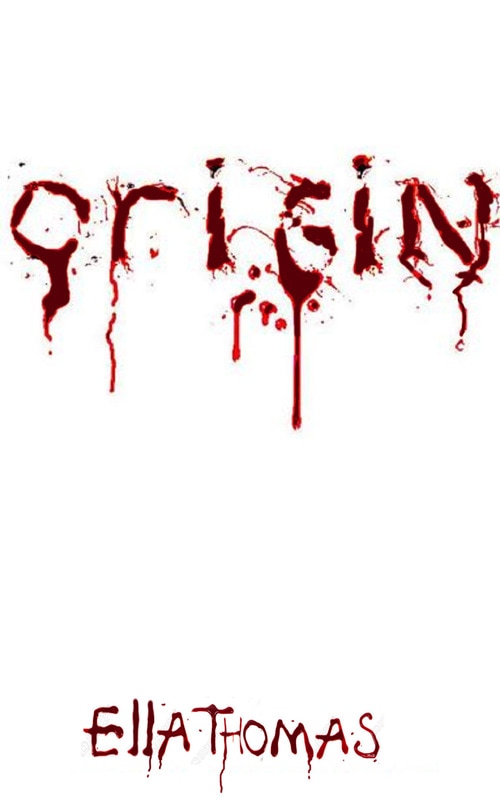A Play Demonic (The Queen’s Idle Fancy)
Part 23
by
Justin Bog
Part 23
by
Justin Bog
Theresa walked with a determined stride and the church came into view just past the Fidalgo Island Theater Ensemble’s headquarters. FITE’s theater was a reclaimed industrial building, a two-story thing in the front with square structures placed upon rectangles, almost three stories in the rear where the stage had been constructed fifty years in the past. The marquee was bare and unlit, and the building had no windows, as if purposefully blinded. If Theresa thought about it more, she’d say the façade didn’t welcome patrons, even though the front was fancied up with a roofline trim, and more town murals of famous residents of the past, a girl skipping, pigtails flying up, a crab boat with fishermen hauling in the catch of the day. This one made Theresa stop a moment before crossing the sidewalk. The mural showed two men lifting something heavy, unseen, beneath the waters of Puget Sound, and Theresa imagined the water spraying as an evil black shape breached the surface to drown the two men, take them straight to the bottom. Was it her imagination? Did the water surrounding the painted mural stir, the acrylic froth bubble? Theresa hurried along holding her breath until the theater was behind her. The church stood on neighboring ground, and Theresa shuddered. There was something more happening in this town. Theresa jumped to conclusions and scolded herself. She saw what she saw and she’d make the priest believe it, she’d seek his counsel, and he’d share holy wisdom.
The front door to the church was always unlocked and Theresa pushed into the foyer. It wasn’t a fancy church, but the rich wood entryway made Theresa think many a blessing was spent on creating a warm and welcoming house of worship. The smell of lemon-scented cleaner grew as she walked into the back of the large hall, pews in two and two and growing until the church filled with enough room for hundreds. Sunday service was full but nowhere close to standing room only. Theresa thought more’s the pity: if only church could be electrified, turned into a multi-colored game, automated with tablets, and far from the ancient tablets of Moses. Today’s generation expected miracles only when stricken by illness, pain, grief, inconsolable despair, and the Lord worked in mysterious ways. People wrote songs about this still. Theresa preferred the hymns of old.
The church was empty. Father Mitchum Kelly was probably invited to an upright family’s Thanksgiving table, smiling his handsome smile, being polite, funny, charismatic. Theresa liked Father Kelly. She didn’t hold his youthful vigor against him, but her husband couldn’t stomach his company. Told her Father Kelly should’ve stuck with a different kind of stage, a less lofty pulpit. Her husband thought Father Kelly was a show-boater, a narcissist (yes, he preened a bit too much up there, but that was preferable to dirge-like sermons as dry as toast), loved to hear himself speak, and there were rumors he’d gone to Hollywood after majoring in drama and theology at a college in Oregon, and that the tough life of a young starlet in the making had become too difficult—that penniless, difficult times in his L.A. past stayed at the rumor stage. More schooling. Seminary. Years. Father Kelly must be almost thirty. Handsome. Theresa became stuck on this word. Attendance at the church had grown, with the old priest set out to pasture and forgotten by most in a few short months.
Theresa moved across the atrium to the far left wall facing the front theater-level mount. The wall’s crème paint took in the flickering light of dozens of votive candles. She quickly lit a candle—to the dead, the entire town, to herself and her husband—and kneeled in prayer, her words a mumbled mess, rapid-fire pleas to God.
The church felt chilly, and the lighting in the space dim with only two golden and six silver chalices reflecting flickering candlelight. Spaced along the walls, antique bronze candlesticks, unlit, added to the gloom within this house of the Lord.
She moved to the alley splitting the pews in the center and approached the front row to sit and wait for Father Kelly. Cupboards behind the altar held communion vessels. Theresa remembered that this cupboard had an official name—the aumbry—used to keep the reserved sacrament. In her amped paranoid state, she wondered what was hiding there and actually stood up and moved to a seat four pews back from the front.
The sound of a door opening reverberated throughout the empty church.



